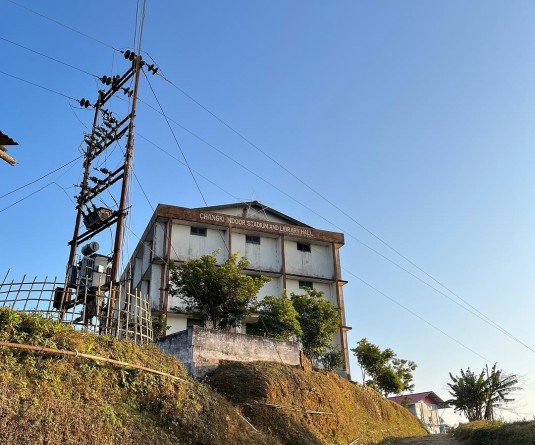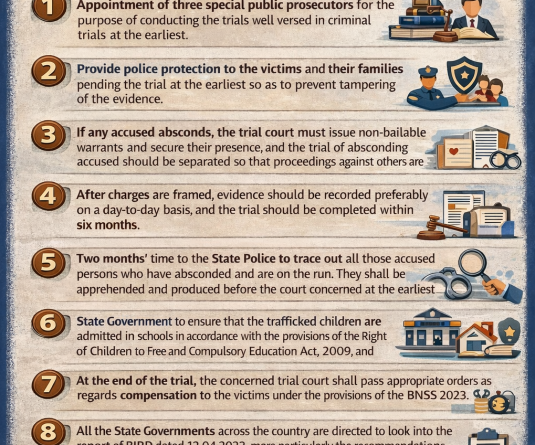Citizens take part in a Clean Election Movement programme in Nagaland. (Morung File Photo | For Representational Purpose Only)
Naga women share their views on taking the movement forward
Allia Tzudir
Dimapur | February 8
Clean Election Movement in Nagaland has witnessed some level of progress although the impact may not be glaringly different from past years, and it is up to the individual to make conscious decisions to take part in this step to prevent corruption.
According to Keneile- ü Suokhrie, a Post Graduate teacher in a Government Higher Secondary School in Nagaland, gradual changes can be seen in most citizens as they are remorsefully aware that the ‘system’ is going terribly wrong in our democratic world.
Stating her views on the movement, Suokhrie said that no society can be democratic without holding genuine election as elections are the corner stone of democratic governance and political stability and that “Democracies are in danger of losing their freedom if corrupt voters vote for corrupt politicians.”
She also referred to an adage attributed to the 35th President of the United States John F Kennedy: “the ignorance of one voter in democracy impairs the security of all,” and expressed belief that the Clean Election Movement would definitely help eliminate the ignorance of the voters by helping them realize that a good leader is mindful of the societal needs and goals.
Similarly, most of the Naga women The Morung Express spoke to believed that ‘it is good to be enthusiastic and take initiative about Clean Elections Movement in the state as elsewhere in India’ and that this is ‘indeed a good step taken to prevent corruption.’
“I am absolutely delighted with the coming up of Clean Election Movement here in Nagaland. This forthcoming general election will be the second round after this movement gained momentum though it was officially launched in 1973,” said Arensangla, a government school teacher in Tuensang.
She went on to state that although there were no distinct changes in the last election, “it is my hope and prayer that the upcoming election, things will take a better turn.”
Public indulgence in corruption
“Public indulge in corruption during elections is because of two main reasons - poverty and lack of work culture,” opined Arenla Walling, Former Watsü President in Mokokchung.
Suokhrie meanwhile held that “elders, leaders, faith based organisations and community leaders failing to encourage and mould its members into wholesome human beings who are socially conscious leads to rise of illegal practices in the society.” The lack of socially conscious citizens is promoting the erosion of society because public with no social values speed up the transfer of powers into the wrong hands, she maintained.
Weighing in on the issue, Arensangla stated that corruption in Nagaland was like the conundrum of ‘which comes first; the hen or the egg?’
‘Our leaders are bought, our votes are bought. Leaders and public blames each other of being the root cause of corruption but when the time of election comes, to finance his election, campaigns funds are collected through illegal and immoral ways and the public in general are gleefully grasping the money. In each and every walk of life, corruption is rampant in Nagaland,’ she opined.
“The leaders themselves are not aware of what clean election is all about so the common people from average to poor families become the victims of it as they are lured for their (leaders’) benefit,” Achala Amlari, a house wife in Shillong, pointed out.
Contributing to Clean Election
Speaking about how women can create an impact to ensure clean election, Arensangla affirmed that she would ‘abide by the Election Commission code of conduct.’
“As a woman, I think it is important to create awareness among women as women play a vital role in a society,” she added.
On the matter of whether a movement like the Clean Election can bring change in Nagaland, Arensangla was of the view that though the ‘unholy action’ between political power and money has existed for a long time, ‘corruption is prompted by individual greed and lust for money.’
She said ‘selling of vote disease’ has turned into an epidemic throughout the whole of Nagaland. “We must come out of this bondage through clean election movement and that there must be strict legal actions for violators,” she asserted, while adding it is the duty of every individual to say, ‘I am doing the right thing so follow me’ instead of just sitting and saying ‘we have to do it.’
“Being a doer is the need of the hour to encourage our family, friends and everyone not to engage in any unethical form of voting.”
The first step to progress towards a healthy society through healthy election, according to Suokhrie, is by creating a clean environment for effective communication, along with brainstorming for solutions to problems and treating every stakeholder equally.
Meanwhile, one way of encouraging people not to engage in any unethical forms of voting is to “be brave and maintain your integrity no matter what,” advised Dr Iris Odyou, an associate professor.
For Associate Pastor at Lotha Baptist Church Dimapur, Meripeni Lotha, it is by making people aware of the consequences of how wrong a person is when he/she engages in such unethical forms of voting, as well as letting them know that indulging in such activities will gradually lead to the degradation and pollution of the society. It is high time for us to enlighten ourselves and eradicate corruption from the society, she commented.
“Selling your votes will only benefit you once, but using your rights once, will benefit you for a long period of time— not only in the present but also for generations to come,” said Achala Amlari.
“I encourage family and friends not to involve in any unethical forms of voting based on a true Christian ethics,” Arenla Walling added.
The writer is a student of BA-Communication English in Jyoti Nivas Autonomous College, Bangalore. This report was written as part of her month-long internship in The Morung Express.






